Health & Medicine
-
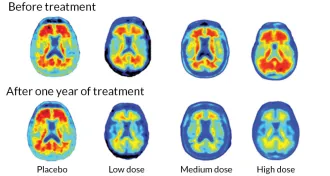 Neuroscience
NeuroscienceNew Alzheimer’s drug shows promise in small trial
A much-anticipated Alzheimer’s drug shows promise in a new trial, but experts temper hope with caution.
-
 Health & Medicine
Health & MedicineTasmanian devils evolve resistance to contagious cancer
Tasmanian devils are evolving resistance to a deadly contagious cancer.
-
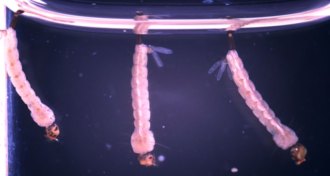 Health & Medicine
Health & MedicineMosquito moms can pass Zika to offspring
In the lab, Zika virus can pass from a female mosquito to her eggs, suggesting how infections can flare up again after adult insects dwindle.
By Susan Milius -
 Health & Medicine
Health & MedicineClean inside those bagpipes — and trumpets and clarinets
Bagpipes’ moist interiors may be the perfect breeding ground for yeasts and molds.
By Meghan Rosen -
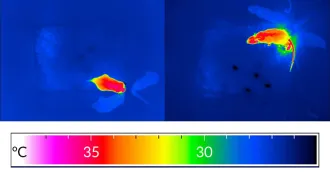 Neuroscience
NeuroscienceCool nerve cells help mice beat heat
A new study pinpoints fever-busting cells in mice’s brains.
-
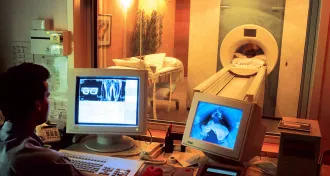 Neuroscience
NeuroscienceComputers refine epilepsy treatment
Surgeons harnessed computers in 1966 to pinpoint source of epilepsy in the brain.
-
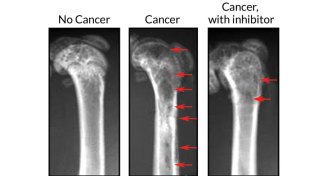 Health & Medicine
Health & MedicineWeapon of bone destruction identified
Scientists discover myeloma’s secret bone-destroying messenger.
-
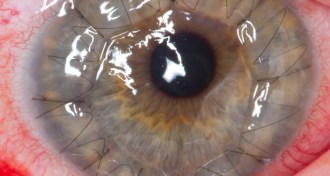 Health & Medicine
Health & MedicineCornea donation may have sex bias
Women receiving a corneal transplant do better when their donors are female, new research finds.
By Amber Dance -
 Health & Medicine
Health & MedicineTired parents don’t always follow sleep guidelines for babies
Night videos revealed parents putting their babies to bed in unsafe environments.
-
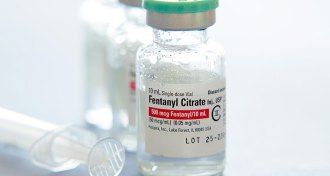 Neuroscience
NeuroscienceFentanyl’s death toll is rising
The ability of fentanyl, an opioid, to freeze chest muscles within minutes may be to blame for some overdoses, a new autopsy study shows.
-
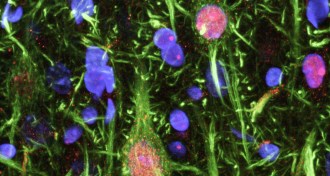 Neuroscience
NeuroscienceEating shuts down nerve cells that counter obesity
A group of nerve cells shut down when food hits the lips, a study of mice finds.
-
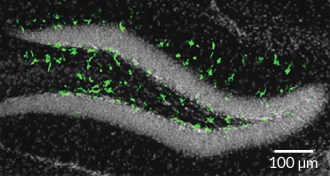 Health & Medicine
Health & MedicineZika kills brain cells in adult mice
Zika virus may harm more than babies: The virus can infect and kill brain cells in adult mice, too.
By Meghan Rosen